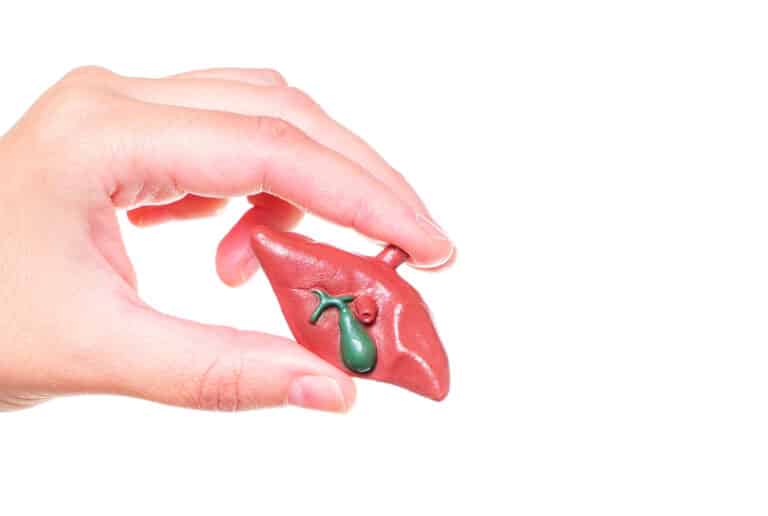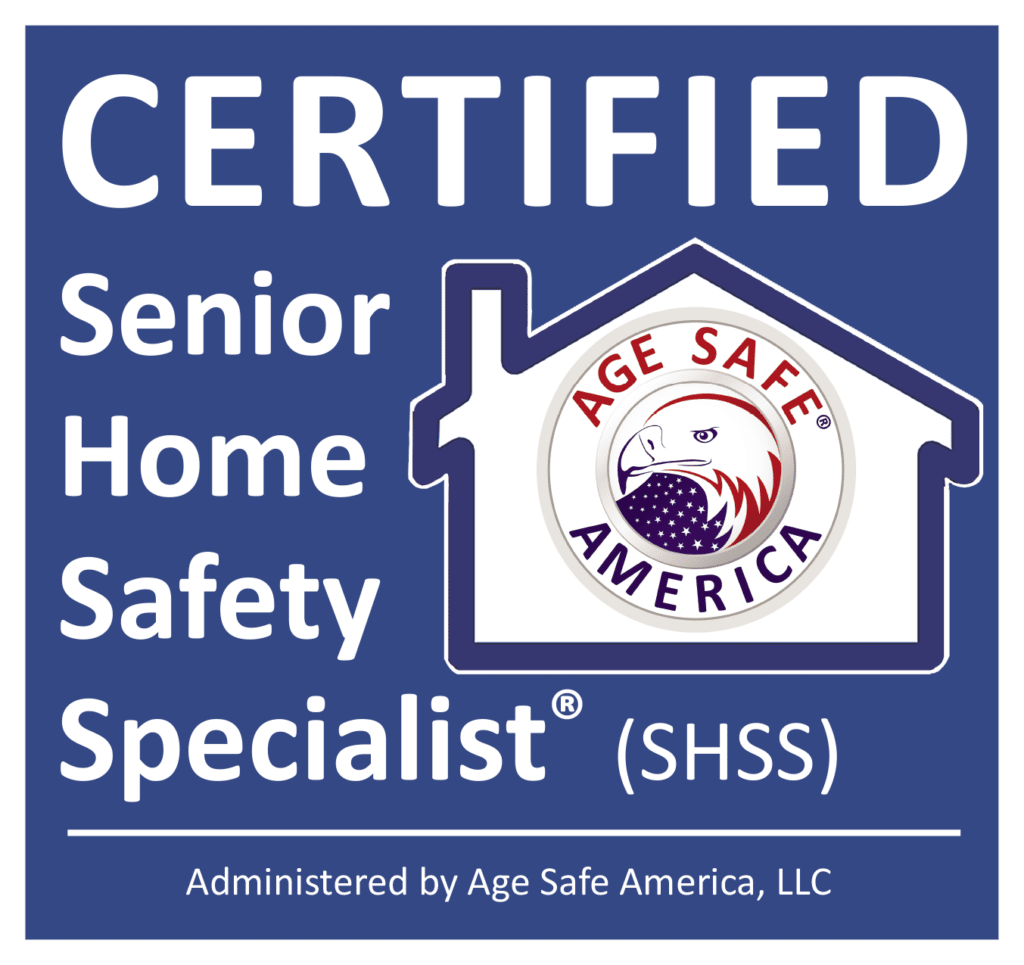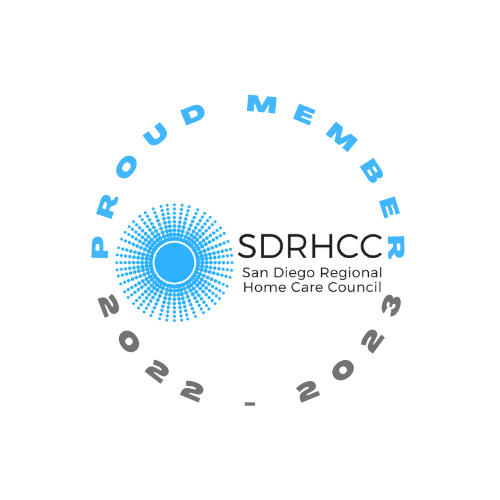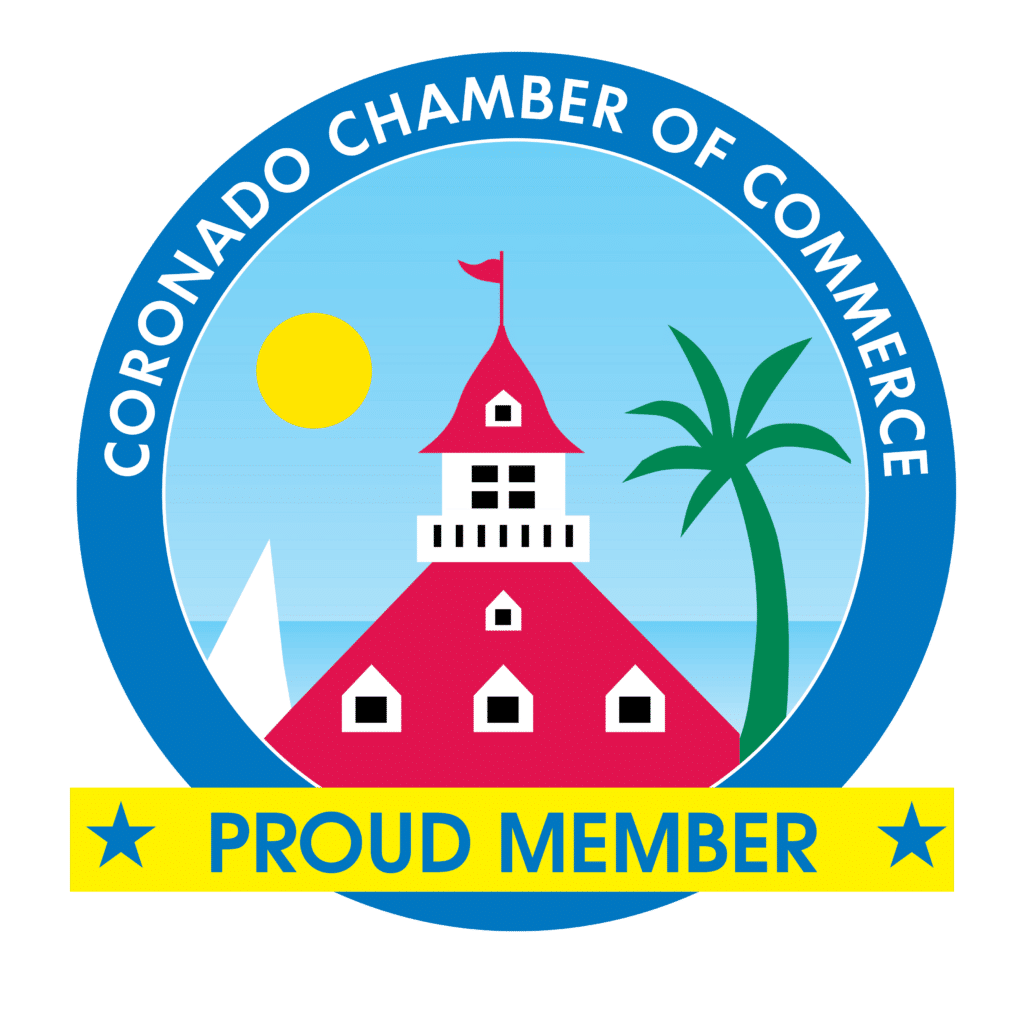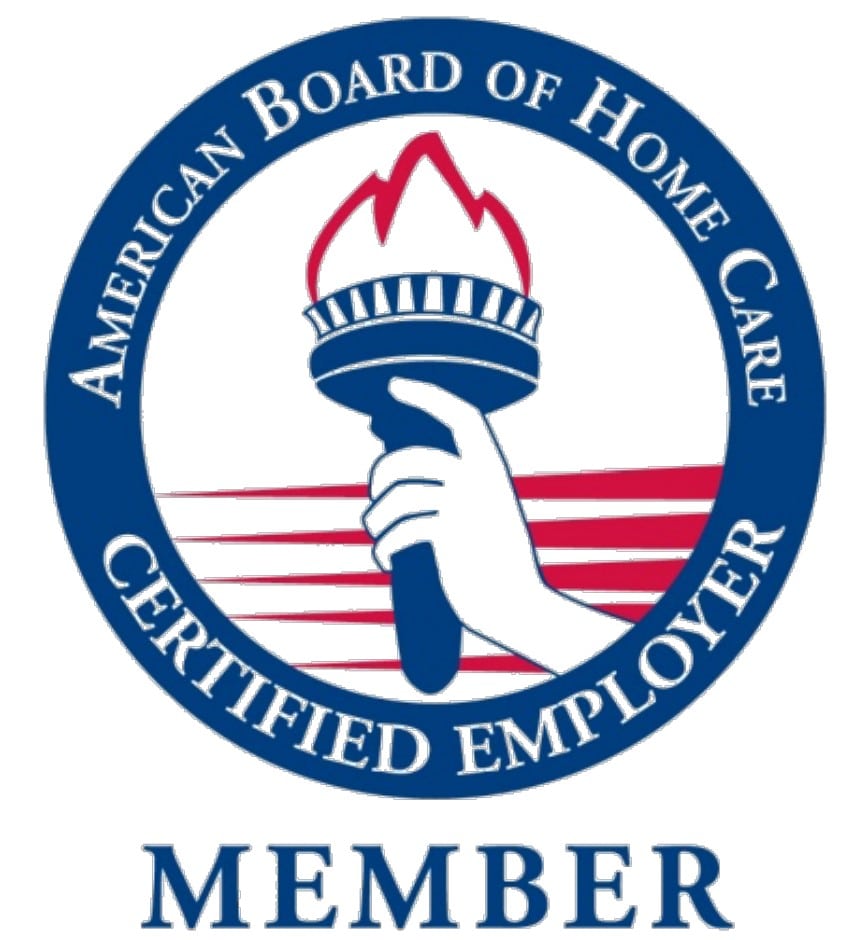The gallbladder is a small organ located under the liver. It’s job, when functioning properly, is to store bile from the liver which helps the body digest fats. Sometimes, individuals need to have their gallbladders removed for various health reasons.
If your loved one is scheduled to have his gallbladder removed, it’s a fairly simple surgery. But one of the biggest things he’ll have to change after the surgery is his diet. A post-hospital care provider can help make sure your loved one stays away from the foods that his body will now have trouble processing as well as help him eat the foods that’ll help him recover without complications.
It can be hard to change a lifetime of habits, so if you or your loved one are worried that he might not be ready for a big diet change, or won’t know the best ways to get the food he should have, having someone come into his home to help with post-hospital care and prepare his meals for him, might be helpful.
Right After Surgery
For those first days after surgery, your loved one should maintain a mostly clear liquid diet, including jello and broth. He should also avoid all alcohol.
Then he can start slowly adding solid foods into his daily diet. It’s best to start with small meals and drink plenty of clear liquids along the way. Diarrhea is not uncommon since with the gallbladder removed, bile now will go directly into his intestines and will act as a laxative. Small, fairly frequent meals will help reduce bloating and cramping.
Food to Avoid in the Long Term
- High-fat foods
- High-fat foods like ice cream, pizza, butter, and cream can lead to gas, bloating, and diarrhea. Your loved one should look to low-fat options when possible, and then reduce or eliminate all of the other high-fat foods.
- Spicy foods
- Foods that have hot peppers in them contain capsaicin. Capsaicin can irritate the stomach lining as well as cause nausea, vomiting, and diarrhea.
- Foods that have caused diarrhea in the past for your loved one.
- If your loved one already had trouble digesting dairy, caffeine, or overly sweet foods, those should also be avoided.
Foods to Increase or Alternate into a Diet
- Fluid
- Lots of it, especially if your loved one is having issues with diarrhea. Clear, non-alcoholic, and non-caffeinated fluids are best.
- High-fiber foods
- The key here is to not increase fiber too quickly. A post-hospital care provider can help increase your loved one’s fiber at a pace that won’t make cramping and gas worse.
- Low-fat or fat-free dairy products
- Whole grains
- Soups with clear broth and plenty of vegetables
- Fresh fruit and vegetables
- Light sauces and condiments, like dressings and mayonnaise
As your loved one continues to recover, keeping a food journal will help him determine which foods he can tolerate and which foods create negative reactions he’d rather avoid. Having that knowledge will help him in the years ahead as he navigates life without a gallbladder.
If you or an aging loved one are considering Post-Hospital Care in Point Loma, CA, please contact the caring staff at Aaron Home Care. (619) 880-5522
A Trusted Home Care Agency Serving La Jolla, Pacific Beach, Point Loma, San Diego, UTC, La Mesa, Chula Vista, Coronado, Bonita, Eastlake and the surrounding areas.
In 1999, Aaron was named Residential Program Manager of a group home for disabled adults in Arlington, Virgina. Here, he built a reputation for being compassionate with his clients and efficient in company operations. In the years that followed, Washington DC’s human services field went through unprecedented reform when the city was fined $11 million for the previously unchecked abuse, neglect, and exploitation of the very population it was supposed to protect. In 2005, Aaron was selected by a watchdog company to co-create and implement a monitoring system to safeguard and advocate for the system’s most vulnerable residents. This system is still in use today.
Aaron is now using his unique gifts and profound experience in the human service field to provide San Diego County Seniors with dependable, compassionate caregivers through Aaron Home Care.
He currently serves on the board of the San Diego Regional Home Care Council and is an active member of the Senior Advocate Network of San Diego.
Aaron Home Care is a member of the American Board of Home Care and is accredited by the Better Business Bureau.
- What Factors Put a Person at Risk For Parkinson’s Disease - May 23, 2025
- Five Contributing Factors to Difficult Alzheimer’s Disease Symptoms - May 7, 2025
- Sarcopenia Symptoms and Help for Seniors - April 28, 2025
